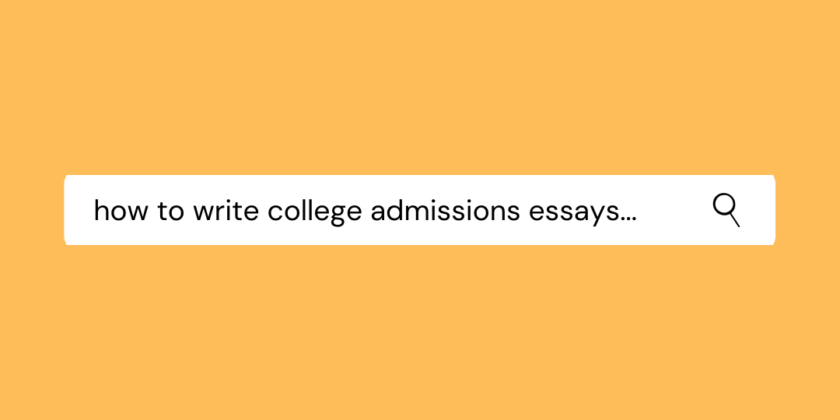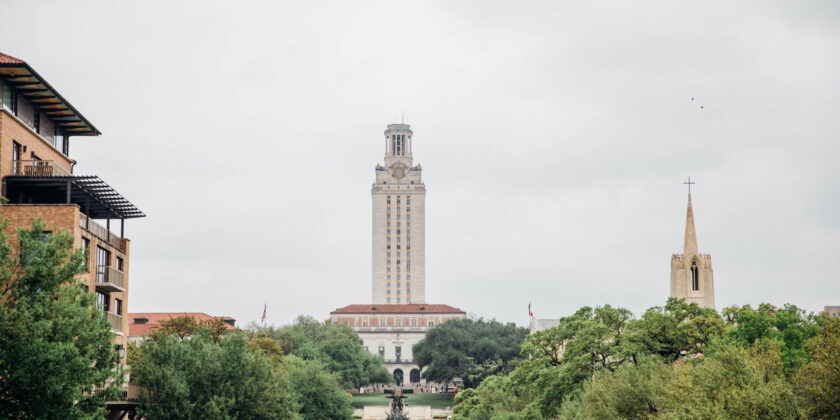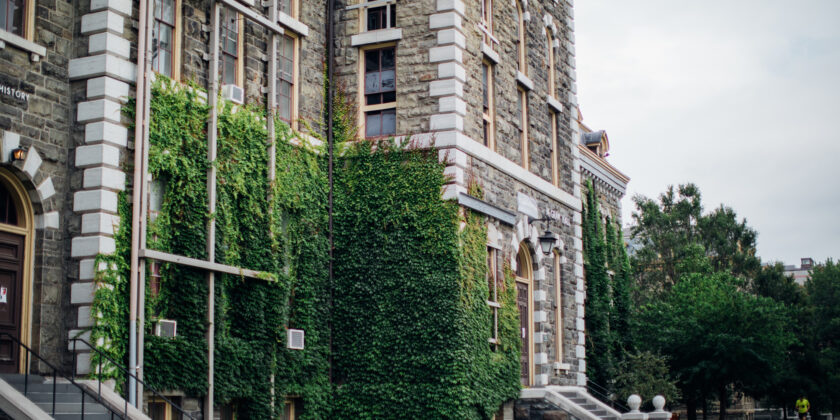UC Berkeley: The Spieker Undergraduate Business Program
Starting in Fall 2023, you can apply directly to Berkeley Haas to enter as a freshman in Fall 2024.
The Spieker Undergraduate Business Program is a four-year undergraduate business program at UC Berkeley’s Haas School of Business that gives you an additional two years for deeper learning and enrichment, including:
- Career development
- Internships
- Study abroad opportunities
- Entrepreneurship programs
- Capstone projects
- Mentorship engagements, and
- Student leadership experiences.
The first four-year cohort of students will enroll in August of 2024. Applications to the Spieker Undergraduate Business Program will open in Fall 2023. Learn more here.
*Stay in the know! Subscribe*







